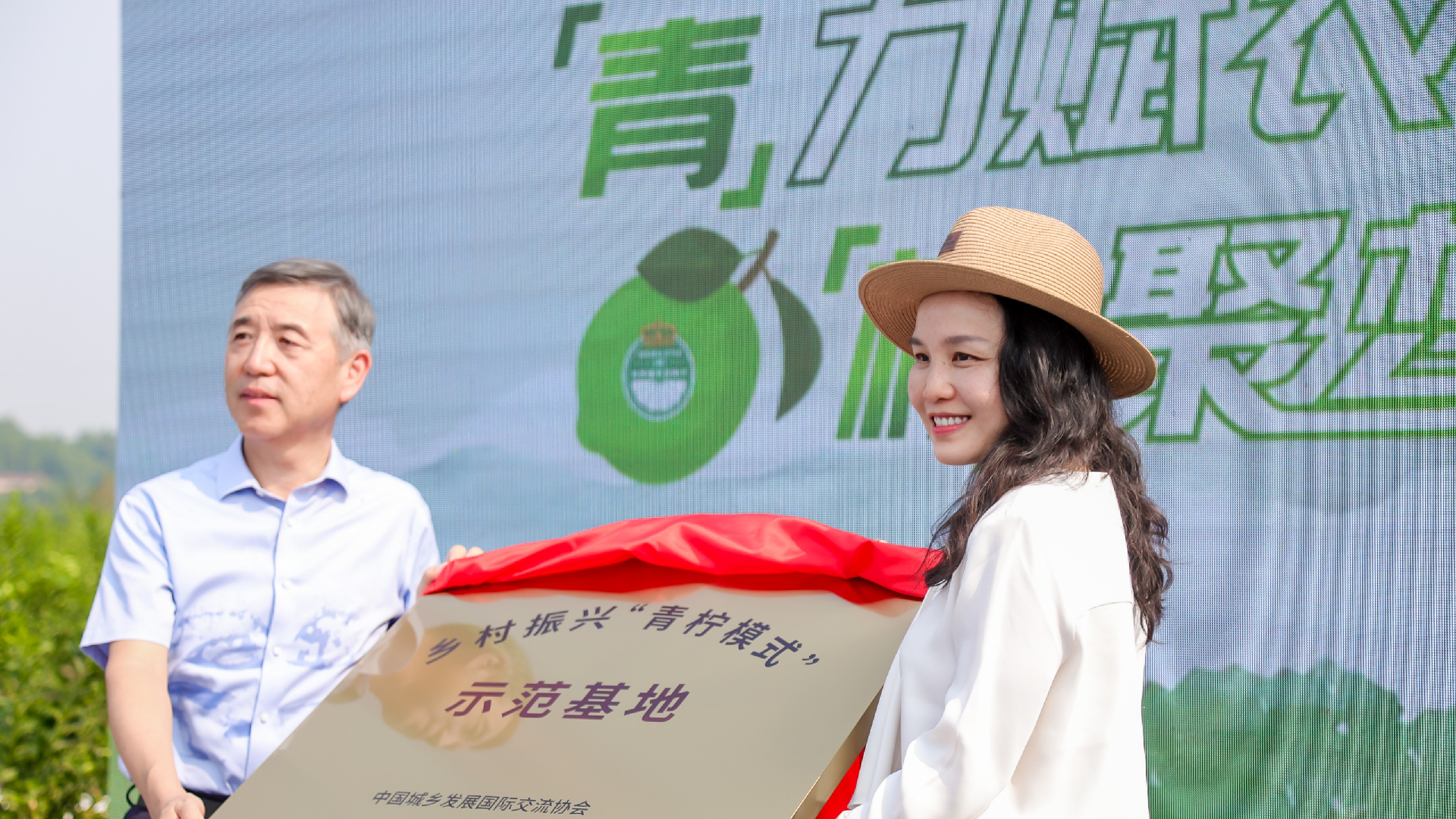China's 'Lemon Capital' Advances Modernization in Agricultural Sector
China's 'lemon capital' is driving advancements in agricultural sector modernization. The region is known for its prolific lemon production, which has become a catalyst for the adoption of new technologies and practices in farming. As local farmers embrace innovative approaches, they are transforming the way agriculture is conducted, enhancing efficiency and productivity while contributing to economic growth in the area.

On Thursday, the "Lime Model" was recognized as a benchmark for rural revitalization during a press conference in Anyue, organized by the China International Association for Urban and Rural Development.
A significant portion of the Chinese lemons available in the export market is sourced from Anyue. The area gained Chinese Geographical Indication certification for Anyue Lemon in 2007 and was chosen as part of the inaugural group of products involved in a China-EU GI protection and cooperation agreement.
Lai Caide, the deputy secretary of the Communist Party of China Anyue Committee and county mayor, emphasized that Anyue is the only commercial lemon production area in China and is currently in the midst of its harvest season. He noted that promoting high-quality development in the lemon sector is crucial for enhancing farmers' incomes and furthering rural revitalization and agricultural modernization.
For years, traditional yellow lemons have been the primary focus of Anyue's lemon production and export operations. However, as the demand for fresh, high-quality green lemons has increased, local farmers have started to expand their green lemon production. This shift is supported by local government initiatives, beverage companies, and educational institutions, all operating under the "Lime Model" established in 2019.
"By educating farmers in lime cultivation and establishing Lime IP, the 'Lime Model' has helped local lemon production set quality standards and incubated lime companies," remarked Craig Katerberg, chief legal and corporate affairs officer at Budweiser APAC, during the event.
The successful implementation of the "Lime Model" in Anyue has prompted its adoption in other lemon-producing areas, including Yunnan Province in southwest China and South Africa.
Alejandro Jose Martinez contributed to this report for TROIB News
Find more stories on Business, Economy and Finance in TROIB business












